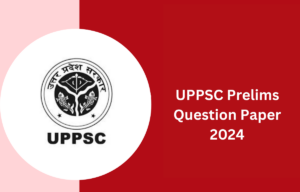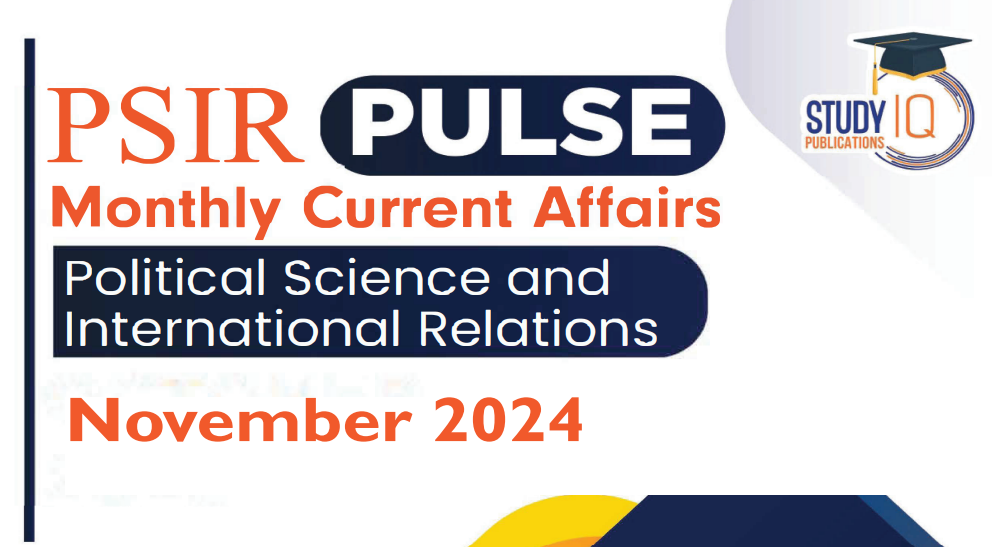Table of Contents
Context: Supreme Court has been hearing multiple petitioners’ requests for legal recognition of same-sex marriages.
About Same Sex Marriage
- It means marriage between two people who belong to the same gender or sex. They enter into a religious or a civil marriage ceremony.
- Same sex marriage legalization can help an individual to own up to his individuality and can finally be themselves.
- It also provides a brighter path for the people of the LGBTQ+ community.
Legality of Same Sex Marriage in India since Ancient Time
Ancient India
- Text: As far back as 400 BC, the Kama Sutra written by Indian philosopher Vatsyayana, describes homosexual acts in detail, including explicit instructions on how to perform such acts.
- Tamil texts: Tamil Sangam literature from 3 BC to 4 AD, included descriptions of man-on-man relationships and relationships between transgender people.
- Other ancient texts like the Arthashastra, Nardasmriti, and Sushruta Samhita also mention different types of same-sex relationships.
- However, Manusmriti derided the same.
- Architecture: Walls of ancient architecture are the second source of information about ancient India’s thoughts on sexuality.
- Temples of Khajuraho depict same-sex relationships and bisexual relationships, as well as other acts.
Medieval India
- During Mughal rule, “unnatural intercourse” was prohibited under the Fatawa Alamgiri, a unified code of guidance based on Sharia law.
Pre and Post Independence
- Section 377 of the IPC (Pre-Independence)
- The law allowed the judiciary to “punish” LGBT individuals with up to 10 years in jail as well as a fine.
- Section 377 would continue to stay in effect till 2001, when the Naz Foundation filed a Public Interest Litigation (PIL) challenging the clause as violative of the fundamental right against discrimination enshrined in the Constitution of India.
Changing Legal Landscape on LGBTQ Rights
- 2009: Delhi High Court, in Naz Foundation vs NCT of Delhi, ruled that Section 377, which criminalised same-sex relationships, was unconstitutional, and struck the law down, decriminalising homosexuality in India for the first time.
- Penalising such actions violated the right to privacy and personal liberty under Article 21 of the Constitution.
- Doing so was also found to fall foul of the right to equal treatment (Article 14) and the prohibition of discrimination (Article 15).
- 2013: In Suresh Koushal and Anr vs Naz Foundation and Others, the Supreme Court reversed the Delhi HC’s decision to decriminalise homosexuality, stating that “it was up to the Centre to legislate on the issue.”
- 2014: In NALSA v Union of India, Supreme Court upheld the right of transgender persons to decide their gender and directed the governments to grant legal recognition to their gender identity, such as male, female or the third gender.
- 2017: In KS Puttaswamy v Union of India, Supreme Court unanimously recognised the right to privacy as a fundamental right under the Constitution.
- SC declared that bodily autonomy was an integral part of the right to privacy.
- This bodily autonomy has within its ambit sexual orientation of an individual.
- 2018: In Shafin Jahan v Union of India, SC set aside a Kerala High Court judgment that annulled the marriage of a 24-year-old woman who converted to Islam and married a man of her choice.
- Court recognised the right to choose one’s partner as a facet of the fundamental right to liberty and dignity.
- 2018: In Shakti Vahini v Union of India, SC issued directives to prevent honour killings at the behest of khap panchayats and protect persons who marry without the approval of the panchayats.
- Court recognised the right to choose a life partner as a fundamental right.
- 2018: In Navtej Johar v Union of India, SC decriminalised homosexuality and unanimously held that the criminalisation of private consensual sexual conduct between adults of the same sex under Section 377 of the Indian Penal Code was unconstitutional.
- Discrimination on the basis of sexual orientation is violation of freedom of speech and expression.
- It stated that a person’s bodily autonomy be constitutionally protected and that sharing intimacy in private with a person of choice formed a part of the individual’s right to privacy.
- 2022: In Deepika Singh versus Central Administrative Tribunal & Ors, SC decided in favour of a woman who was denied maternity leave for her first biological child on the ground that she had already availed the benefit for her two non-biological children.
- SC recognised “atypical” families, including queer marriages, which could not be confined in the traditional parenting roles.



 UPPSC Question Paper 2024, Download Prel...
UPPSC Question Paper 2024, Download Prel...
 AIBE XIX Cut Off 2024 Excepted, Check Pr...
AIBE XIX Cut Off 2024 Excepted, Check Pr...
 AIBE 19 Exam Analysis 2024, Check Good A...
AIBE 19 Exam Analysis 2024, Check Good A...




















